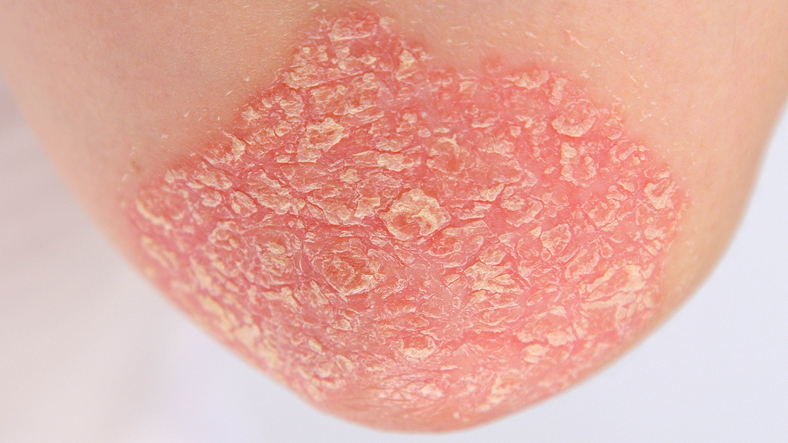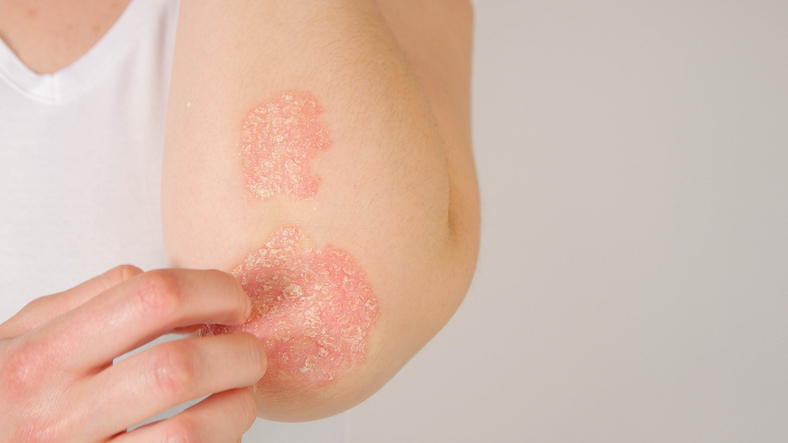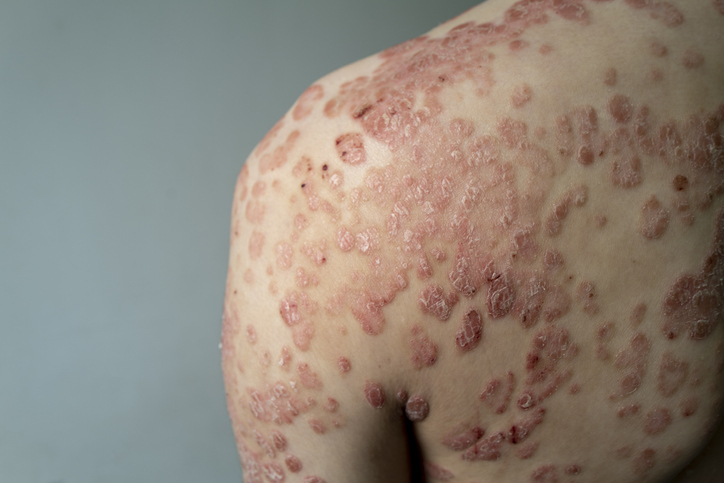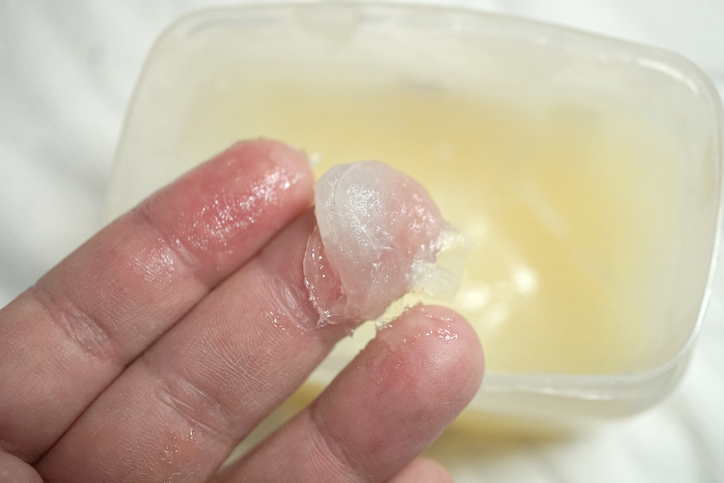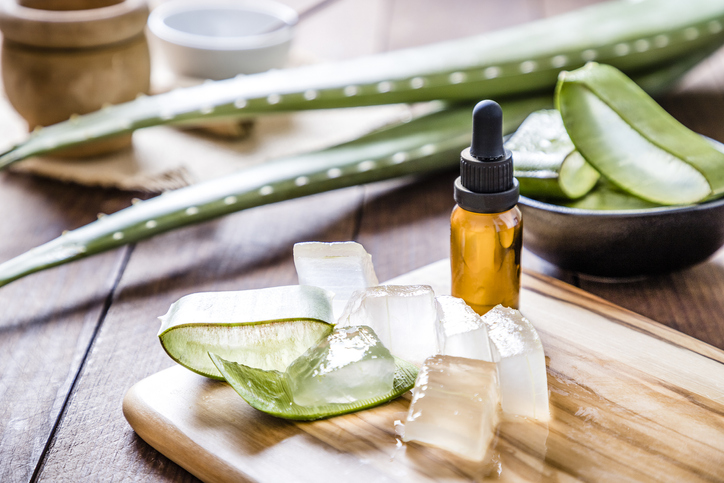Pain
Conventional Medical Treatments for Psoriasis

What is psoriasis?
Psoriasis is an autoimmune disease that causes skin cells to multiply up to 10 times faster than normal. There is a wide spectrum of severity and manifestations of psoriasis, but common characteristics of most types of psoriasis include skin redness (erythema), thickening, and scaling (squamae).
Symptoms of psoriasis range from pinhead-sized spots on the skin to major eruptions that cover large areas of skin. Symptoms most commonly occur in cycles, flaring for a few weeks or months, then subsiding or going into remission.
Conventional medical treatments
The goals of treatment for psoriasis are to soften and remove scales and to prevent skin cells from multiplying too quickly. Conventional medical treatment options for psoriasis include topical medications, light therapy, and oral or injectable medications.
Topical medications
Topical medications are typically the first medications used to treat psoriasis. They generally come in the form of ointments, creams, gels, oils, soaps or shampoos. Some can be purchased over the counter, while others are prescribed by a physician. Topical medications for psoriasis include the following:
- Corticosteroids
Corticosteroids affect the immune cells in the skin. They can reduce swelling and redness. Examples include hydrocortisone, triamcinolone and clobetasol. - Salicylic acid
Salicylic acid is commonly used in shampoos and scalp treatments to reduce scales on the scalp. - Retinoid gel or cream
Tazarotene is a retinoid medication made with synthetic vitamin A. It can be used alone or with a topical steroid. - Topical calcineurin inhibitors
Topical calcineurin inhibitors reduce inflammation and plaque buildup. Examples include tacrolimus and pimecrolimus. - Coal tar
Coal tar treatments reduce itching, inflammation and scaling. Coal tar can be found in shampoos, creams, oils, and other forms of treatment. - Anthralin cream
Anthralin cream is another tar product that can slow skin cell growth, reduce itching, and remove scales. - Vitamin D analogues
Synthetic forms of vitamin D, calcipotriene and calcitriol, can be used to slow skin cell growth. They can be used alone or in combination with a corticosteroid.
Light therapy
In addition to topical medications, light therapy can also reduce symptoms of psoriasis. Light therapy, or phototherapy, can slow down the fast multiplication of skin cells that occurs with psoriasis. Repeated treatments are necessary, typically a few times per week until symptoms improve. Types of light therapy for psoriasis include:
- Sunlight
Daily exposure to sunlight may improve symptoms of psoriasis. - UVB broadband
UVB broadband treatment is a form of ultraviolet B phototherapy. It involves standing in a light box or having a light source passed over the skin for a specific amount of time. - UVB narrowband
UVB narrowband therapy uses targeted UVB light and may be more effective than broadband therapy. It releases a smaller range of UVB light, can clear psoriasis faster, can provide longer remissions, and requires fewer treatments per week than UVB broadband treatment. More information is available on the National Psoriasis Foundation’s website at www.psoriasis.org. - Psoralen plus ultraviolet A (PUVA)
PUVA therapy involves taking a light-sensitizing medication (psoralen) before exposure to ultraviolet A therapy. UVA light penetrates deeper into the skin than UVB light, so it is generally reserved for severe cases of psoriasis. - Excimer laser
Excimer laser therapy involves targeting a localized area of eczema with a high-intensity beam of UVB light from a laser. It is especially beneficial for scalp psoriasis.
Oral or injectable medications
If symptoms of psoriasis do not improve with topical medications or light therapy, oral or injectable medications may be prescribed. Some of these medications have side effects, so they may be prescribed only for a short time or alternated with other treatments. Oral or injectable medications for psoriasis include the following:
- Steroids
Steroids can be taken orally or injected into psoriasis lesions. They can help reduce inflammation. - Methotrexate
Typically administered once a week as an oral medication, methotrexate suppresses inflammation and decreases the production of skin cells. - Cyclosporine
Administered orally, cyclosporine suppresses the immune system in a similar manner as methotrexate. It cannot be continuously used for more than a year. - Retinoid pills
Oral retinoids, which are related to vitamin A, slow the production of skin cells. - Biologics
Biologics, typically administered through injection, target specific immune cells that cause psoriasis. Examples include etanercept, infliximab and adalimumab.
